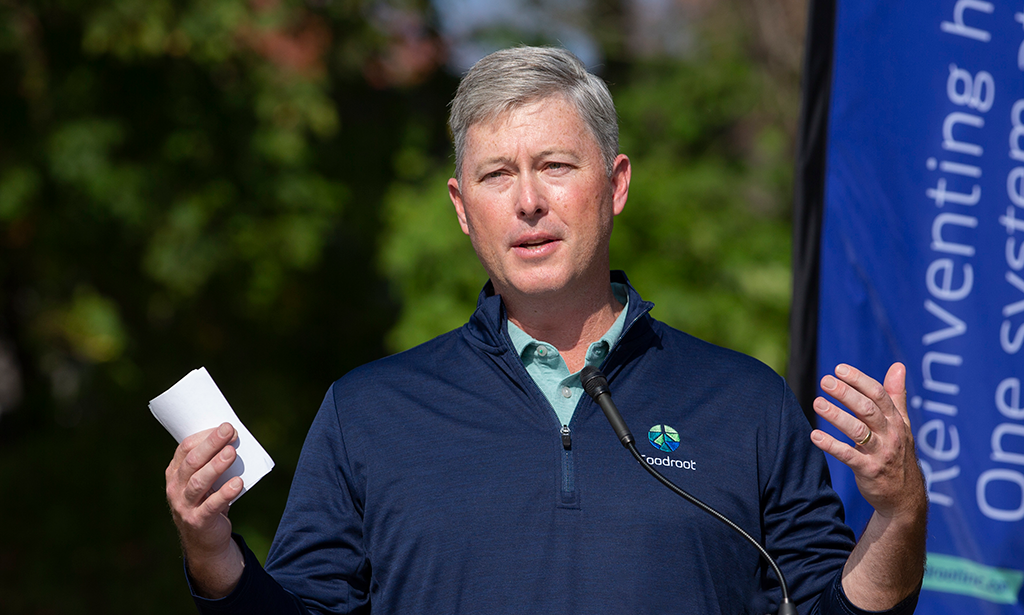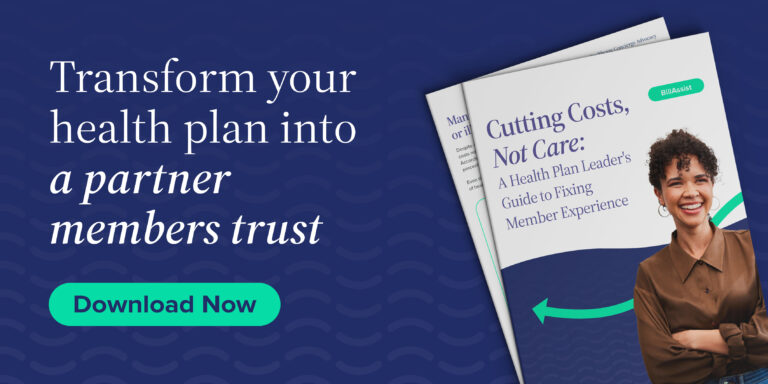Connecticut Gov. Ned Lamont recently announced a proposal to cancel medical debt in the state. FOX61 News interviewed Goodroot CEO Mike Waterbury about how this proposal would work, and why it presents an opportunity to prevent medical debt in the future.
Watch the interview below or on FOX61’s website or YouTube.









